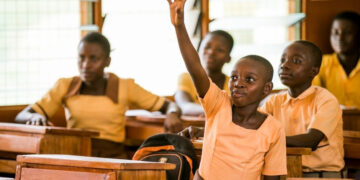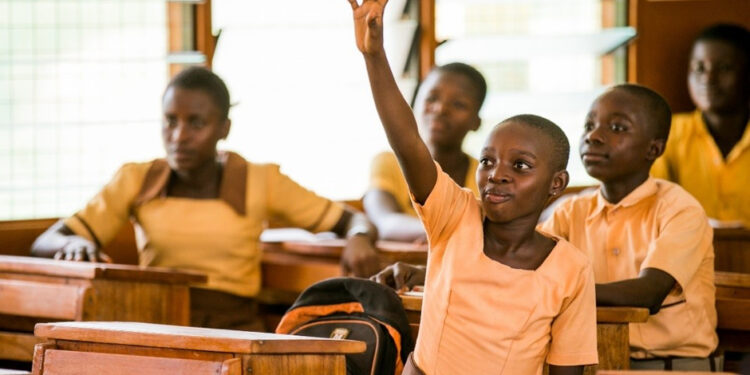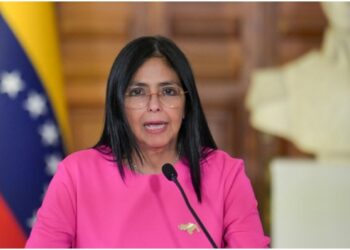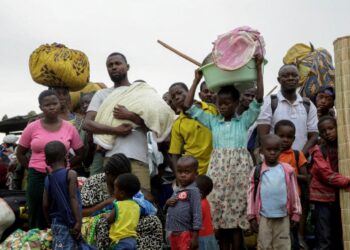By Enyichukwu Enemanna
Ghanaian authorities have announced that all teachers must now use local languages as the main medium of instruction at the basic school level.
Education Minister Haruna Iddrisu who made known the new policy on Friday, described it as a decisive step toward improving learning outcomes and protecting Ghana’s cultural identity.
“From today, teacher use of mother-tongue instruction is now compulsory in all Ghanaian schools,” he declared.
This is a shift from decades of English dominance in Ghana’s education system.
Analysts believe that the idea behind the policy isn’t new, and already has strong global backing.
Research by UNESCO and the World Bank has long shown that children learn faster and more confidently when taught in their mother tongue, especially during their early years of schooling.
For Ghana’s government, the policy is also about cultural empowerment. After generations of using English, a colonial inheritance, as the language of instruction, officials say it’s time to reconnect education with identity.
This idea is also gaining momentum in countries like South Africa, Kenya and Tanzania.
There are however concerns that this plan is likely to come with many challenges. The west African nation is home to more than 70 languages, with about 11 officially recognised for education and broadcasting including Akan (Twi and Fante), Ewe, Ga, Dagbani, Nzema, and Gonja.
Analysts say urban areas like Accra and Kumasi are especially diverse, with children from multiple ethnic and linguistic backgrounds. The government has said schools will teach in the “dominant local language” of the area, but that’s not always easy to define.
Most Ghanaian textbooks are written in English. Translating them into multiple local languages, training teachers to use them, and maintaining consistency nationwide could take years, stakeholders have said.
“We already struggle to get basic materials in English,” said one teacher in Accra in an interview with a local radio station. “Now we’ll need books and training in ten different languages. It’s a good idea, but we’re not ready,” a basic school teacher in Kumasi, Freda Serwaa told Africanews.



































